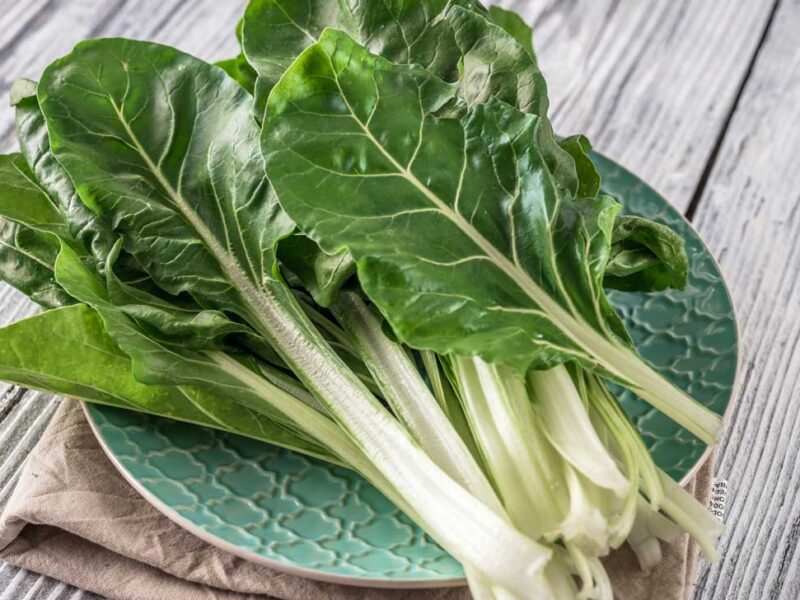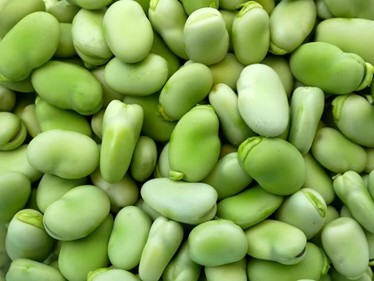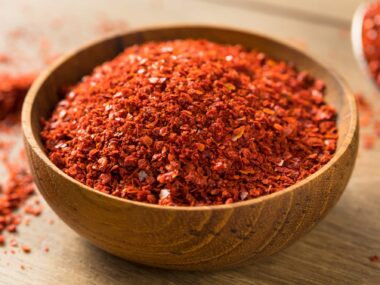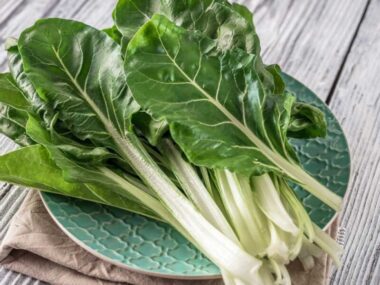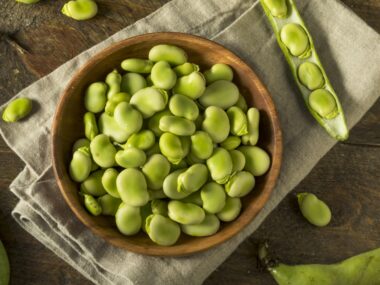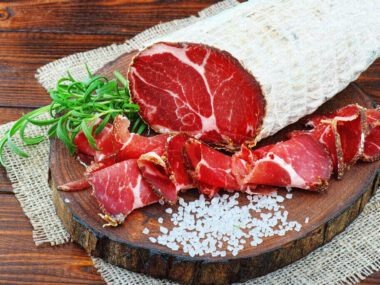Swiss chard is a leafy green vegetable known for its vibrant stems and nutrient-rich leaves. It is commonly used in salads, stir-fries, and soups. The plant belongs to the same family as spinach and beets, making it a favorite among health-conscious individuals for its vitamins, minerals, and antioxidants.
Although Swiss chard may not always be readily available, depending on where you live or what’s in season. Whether you run out of it or simply want to try something different, there are other vegetables that can fill in for Swiss chard in recipes.
Finding a substitute for Swiss chard can be a bit tricky since its earthy taste and tender texture are quite unique. However, there are several other leafy greens and vegetables that work well in its place. In this article, we’ll explore ten great substitutes for Swiss chard, describing their flavors, how they can be used in your recipes, and why they make a good alternative.
10 Best Substitution For Swiss Chard
1. Spinach
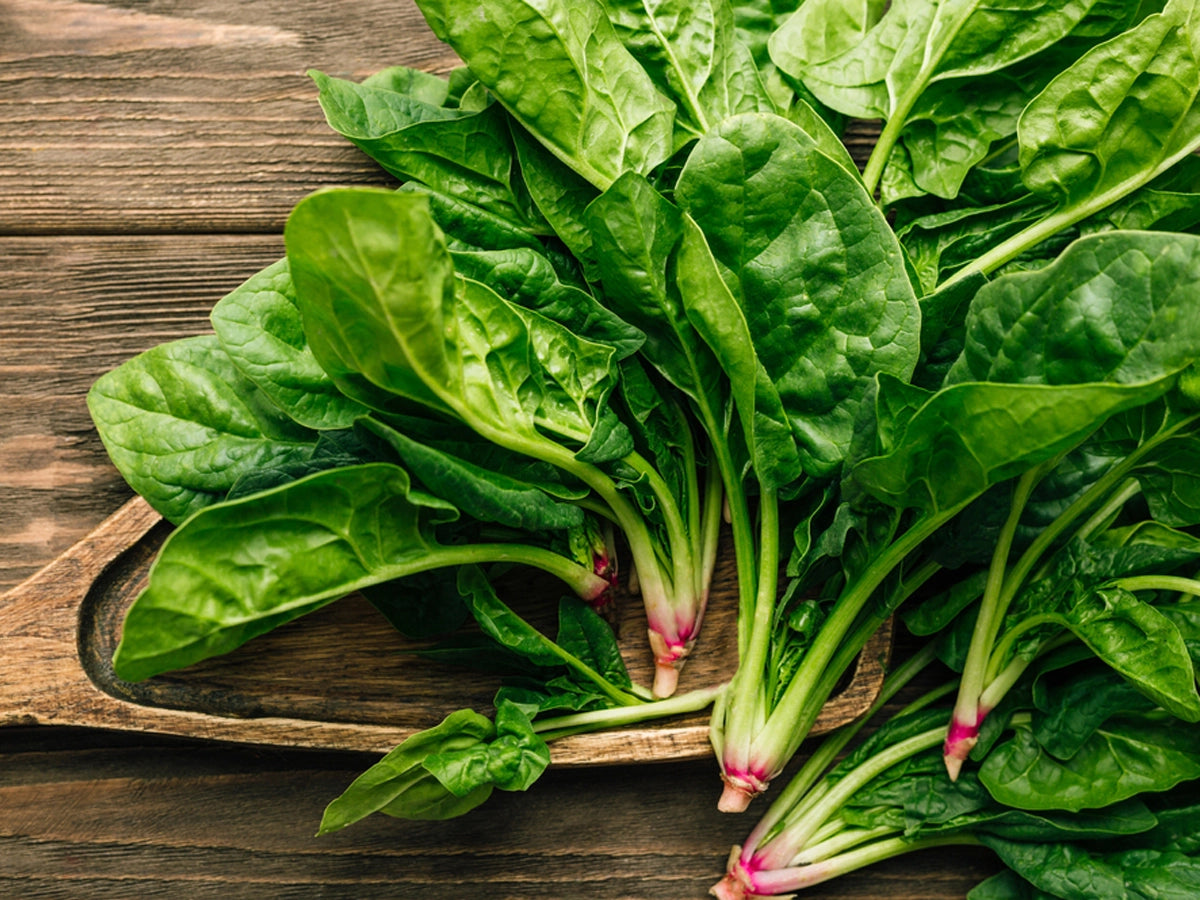
Spinach is perhaps the most popular and easiest substitute for Swiss chard. It belongs to the same family as chard, so it shares a similar flavor profile, though it’s milder. Spinach is soft, tender, and cooks quickly, making it ideal for dishes like soups, stews, and sautés. It can be eaten raw in salads or cooked down, just like Swiss chard.
In terms of nutrients, spinach is packed with vitamins A, C, and K, along with iron and calcium. It’s a versatile vegetable, which is why so many people keep it stocked in their kitchens. If you’re using spinach in place of Swiss chard, you may need to adjust the cooking time slightly, as spinach wilts faster.
2. Kale

Kale is another excellent alternative to Swiss chard, especially if you enjoy heartier, more robust greens. Kale has a slightly bitter flavor and a tougher texture compared to chard, but it works well in dishes like stir-fries and soups where a more substantial vegetable is desired. Like Swiss chard, kale holds up well when cooked, so it’s perfect for warm dishes.
Kale is often considered a superfood because it’s rich in vitamins A, C, and K, along with fiber and antioxidants. While it can be eaten raw in salads, it’s generally best when massaged with oil or lightly cooked to soften its tough leaves. When substituting kale for Swiss chard, you may want to remove the stems, as they can be quite chewy.
3. Collard Greens
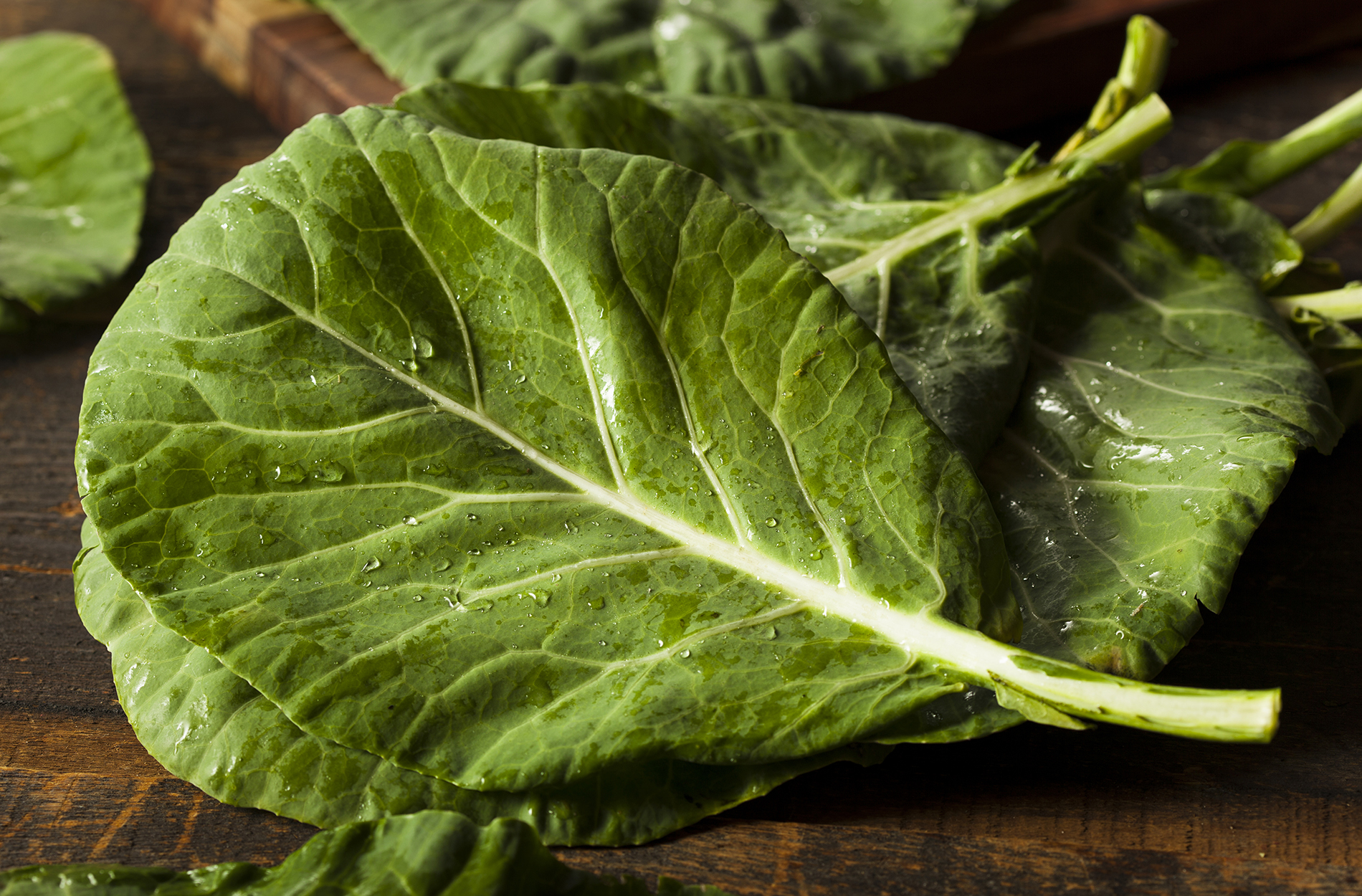
Collard greens are a staple in Southern cooking and make a fantastic substitute for Swiss chard. They have a similar flavor profile, though collard greens tend to be a bit milder and earthier. Like chard, they have thick leaves that hold up well during cooking, making them ideal for slow-cooked dishes like braised greens or stews.
Nutritionally, collard greens are similar to Swiss chard, providing an excellent source of vitamins A, C, and K. They are also high in calcium, which makes them great for bone health. Collard greens take longer to cook than Swiss chard, so if you’re using them in a recipe, you may need to simmer them for a bit longer to achieve the same tender texture.
Read also, 11 Best Substitute For Dandelion Greens To Try Out
4. Beet Greens
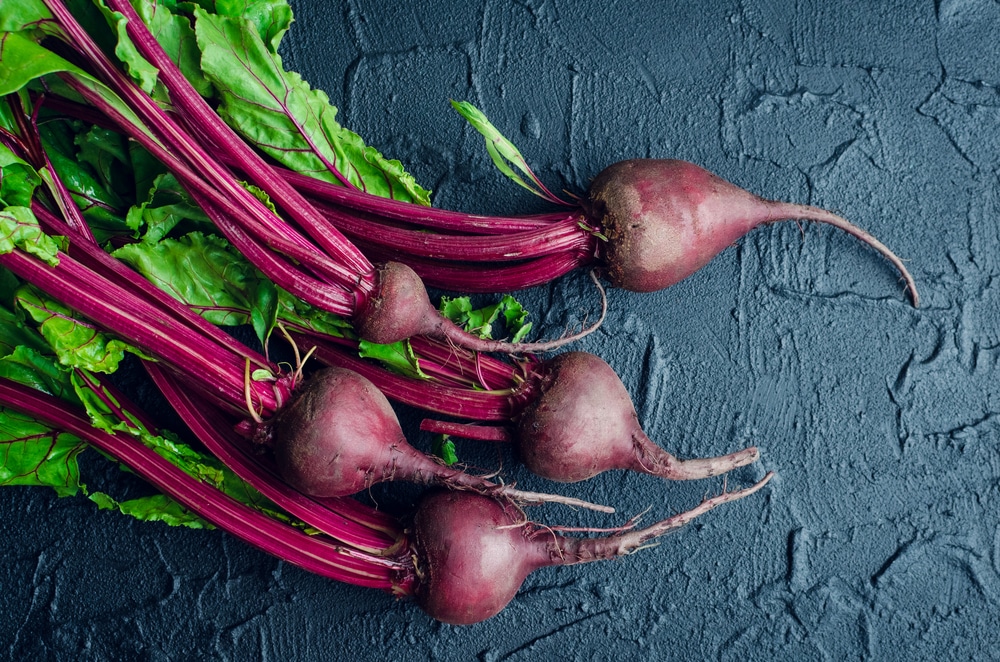
Beet greens are the leafy tops of beets, and they make a great Swiss chard substitute. This makes sense, as Swiss chard and beets are part of the same plant family. The leaves of beet greens are tender and slightly sweet, similar to Swiss chard, while the stems have a mild, earthy flavor.
Beet greens can be used in much the same way as Swiss chard, whether in salads, sautés, or soups. They are nutrient-dense, packed with vitamins A, C, and K, as well as calcium and iron. If you’re looking for a substitute that closely resembles Swiss chard in both taste and texture, beet greens are one of the best choices.
5. Bok Choy

Bok choy, a type of Chinese cabbage, is another excellent substitute for Swiss chard. It has a mild, slightly sweet flavor and tender leaves, making it a good option for stir-fries, soups, and salads. The stems of bok choy are crunchy and watery, providing a different texture compared to Swiss chard’s softer stems, but this can add a nice contrast to certain dishes.
Bok choy is high in vitamins A and C, as well as fiber, which makes it a nutritious choice. If you’re using bok choy as a Swiss chard substitute, you can use both the leaves and the stems, though you may want to cook the stems a bit longer to soften them up.
6. Mustard Greens
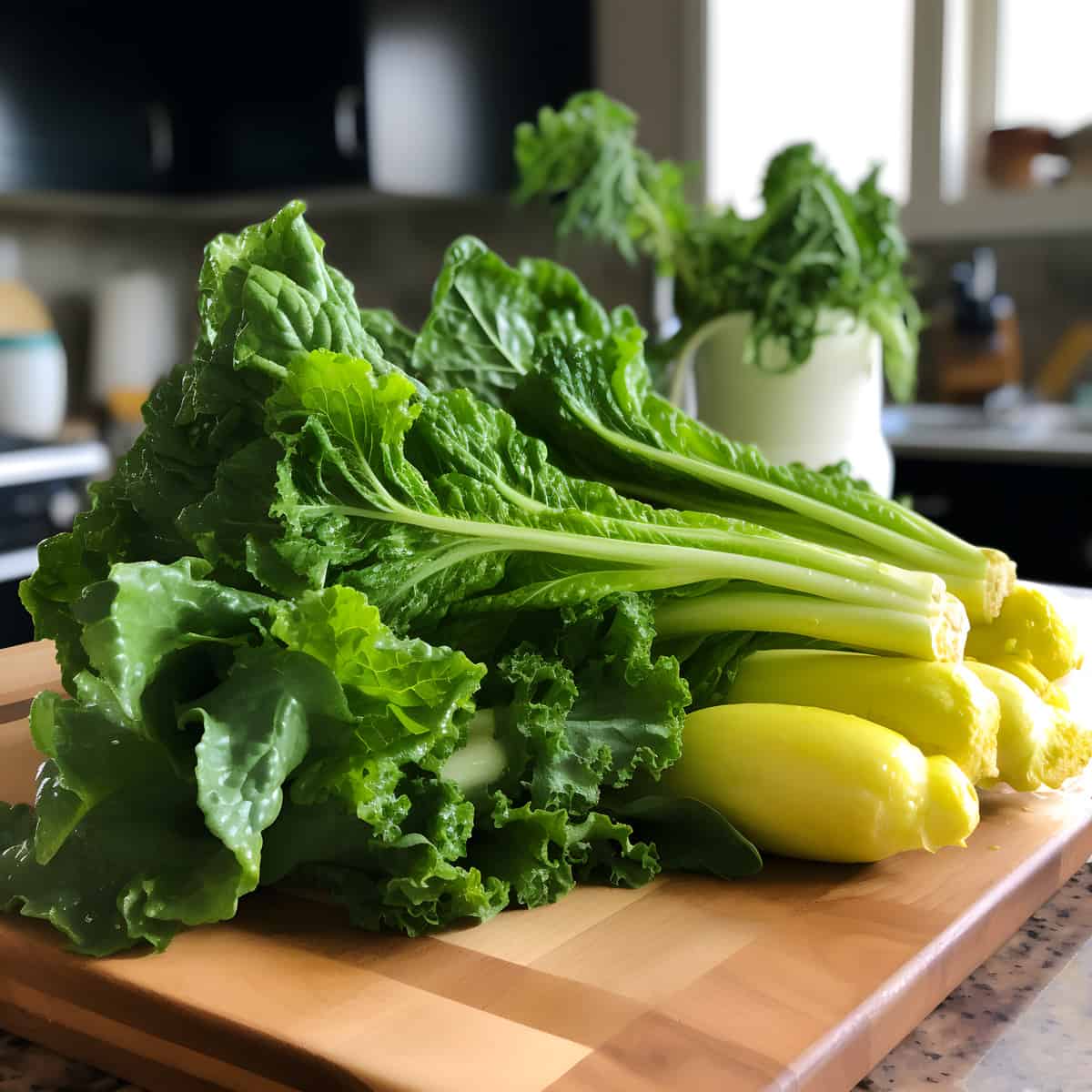
Mustard greens are a spicier, peppery alternative to Swiss chard. They have a bold flavor, so they’re perfect for adding a bit of a kick to your dishes. Mustard greens can be used in recipes where Swiss chard is called for, especially in stir-fries and sautés. However, because of their strong flavor, you might want to use a smaller amount or pair them with other milder vegetables.
Like Swiss chard, mustard greens are packed with nutrients, including vitamins A, C, and K. They are also high in antioxidants and provide digestive benefits due to their fiber content. If you enjoy a little spice in your greens, mustard greens make an excellent, flavorful substitute.
7. Turnip Greens
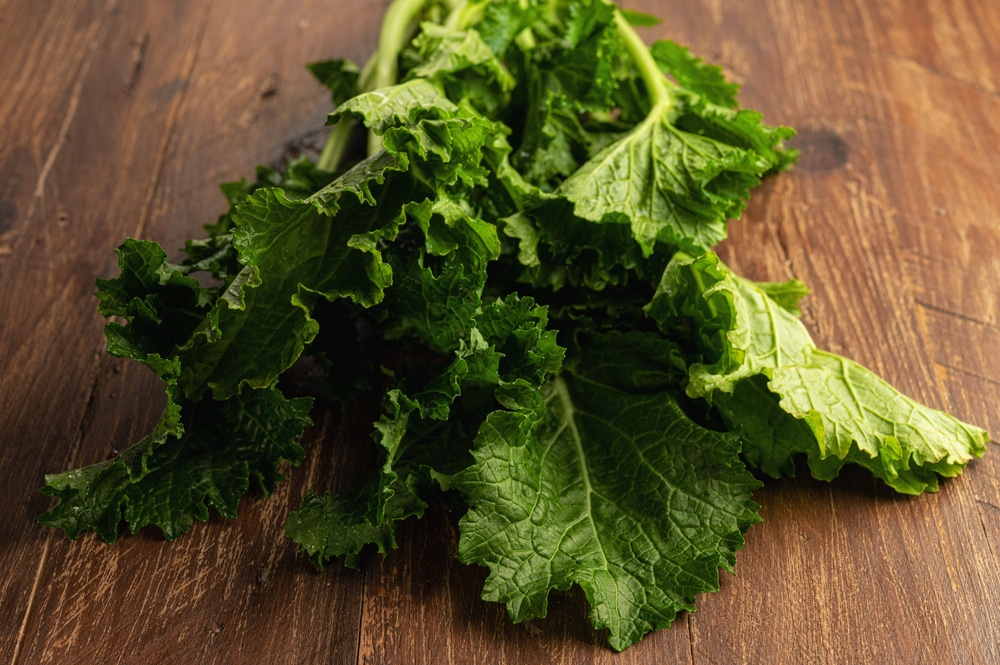
Turnip greens, like beet greens, are the leafy tops of a root vegetable. They have a slightly bitter flavor, which makes them a good match for the earthy taste of Swiss chard. Turnip greens are usually best when cooked, whether you’re braising them, adding them to soups, or sautéeing them.
Turnip greens are rich in vitamins A, C, and K, as well as calcium and fiber, making them a highly nutritious alternative to Swiss chard. If you’re looking for a substitute with a similar texture and nutrient profile, turnip greens are a great choice. Just keep in mind that their flavor can be a bit stronger, so you may want to adjust the seasoning in your recipes accordingly.
8. Dandelion Greens

Dandelion greens are often overlooked, but they are a wonderful substitute for Swiss chard. They have a slightly bitter taste that mellows out when cooked, making them a great addition to sautés, soups, or even raw salads. Dandelion greens are often used in Mediterranean and Middle Eastern cooking, where their bitterness is appreciated for adding complexity to dishes.
Like Swiss chard, dandelion greens are rich in vitamins A, C, and K, along with minerals like calcium and iron. If you enjoy experimenting with different flavors in your cooking, dandelion greens are an interesting and nutritious substitute for Swiss chard.
Read also, 15 Best Substitute For Napa Cabbage
9. Arugula
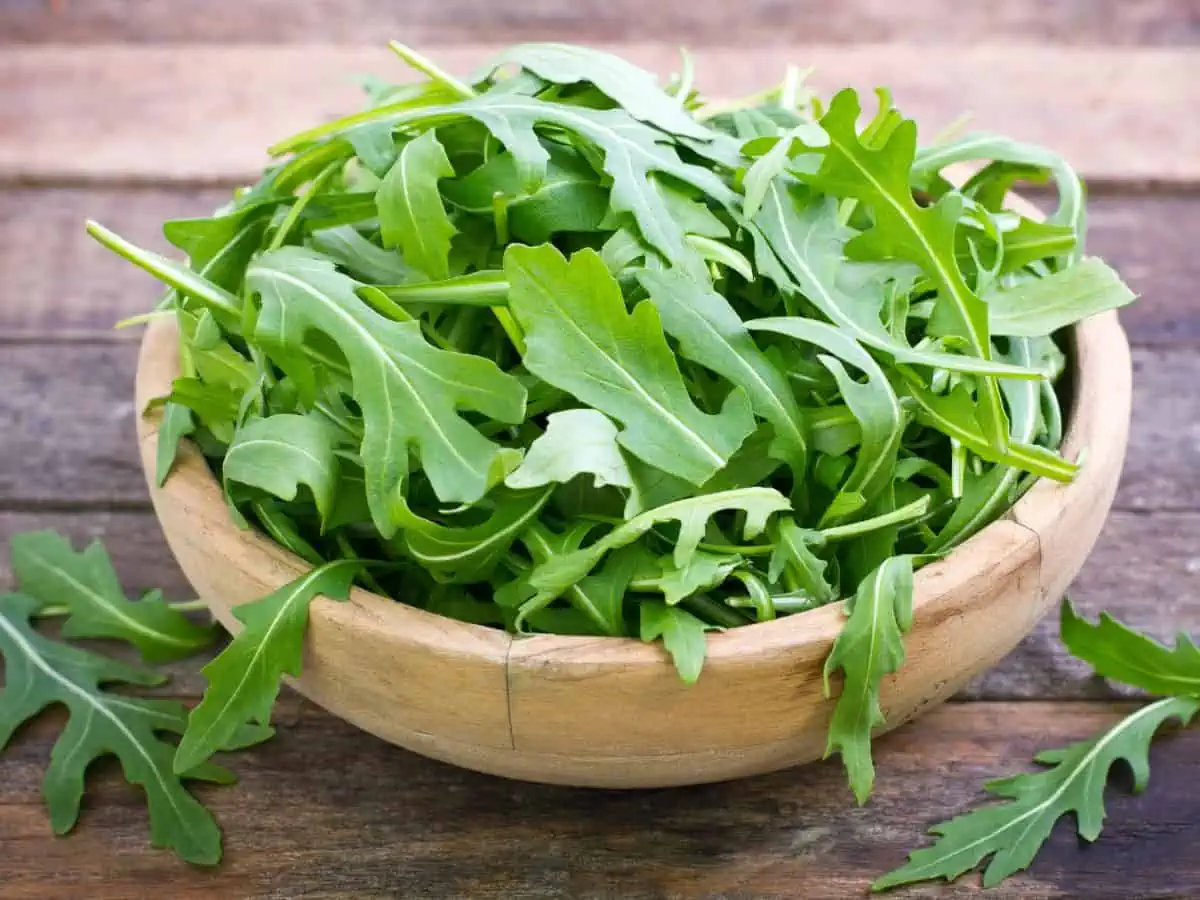
Arugula, also known as rocket, is a leafy green with a distinct peppery flavor. It’s more delicate than Swiss chard, so it’s best used in recipes where you don’t need the vegetable to hold up to long cooking times. Arugula is great in salads, but it can also be added to pasta dishes, sandwiches, or used as a topping for pizzas.
Arugula is high in vitamins A, C, and K, as well as folate and antioxidants. If you’re looking for a Swiss chard substitute that adds a bit of spice to your dishes, arugula is a good option. Just be aware that its flavor is quite strong, so it’s best used in smaller amounts.
10. Romaine Lettuce

While romaine lettuce may not seem like an obvious substitute for Swiss chard, it can work in a pinch, especially in raw dishes like salads. Romaine has a mild, crisp texture that’s quite different from Swiss chard, but it can still provide the leafy greens you need for your recipes. You can also use romaine in wraps or as a base for various toppings.
Romaine is rich in vitamins A, C, and K, and it’s lower in calories compared to some of the other substitutes. While it may not have the same robust flavor as Swiss chard, romaine is an easy-to-find, versatile alternative that can be used in both raw and cooked dishes.
Conclusion
Swiss chard is a nutritious and versatile vegetable, but there are many other greens and vegetables that can take its place when needed. From spinach and kale to beet greens and bok choy, these substitutes can bring similar flavors and textures to your dishes. Whether you’re looking for something mild or something with a bit more bite, there’s a substitute on this list to suit your needs. The key is to experiment and find which of these alternatives works best for your particular recipe. Each of these substitutes offers unique flavors and health benefits, making them valuable additions to any meal.
